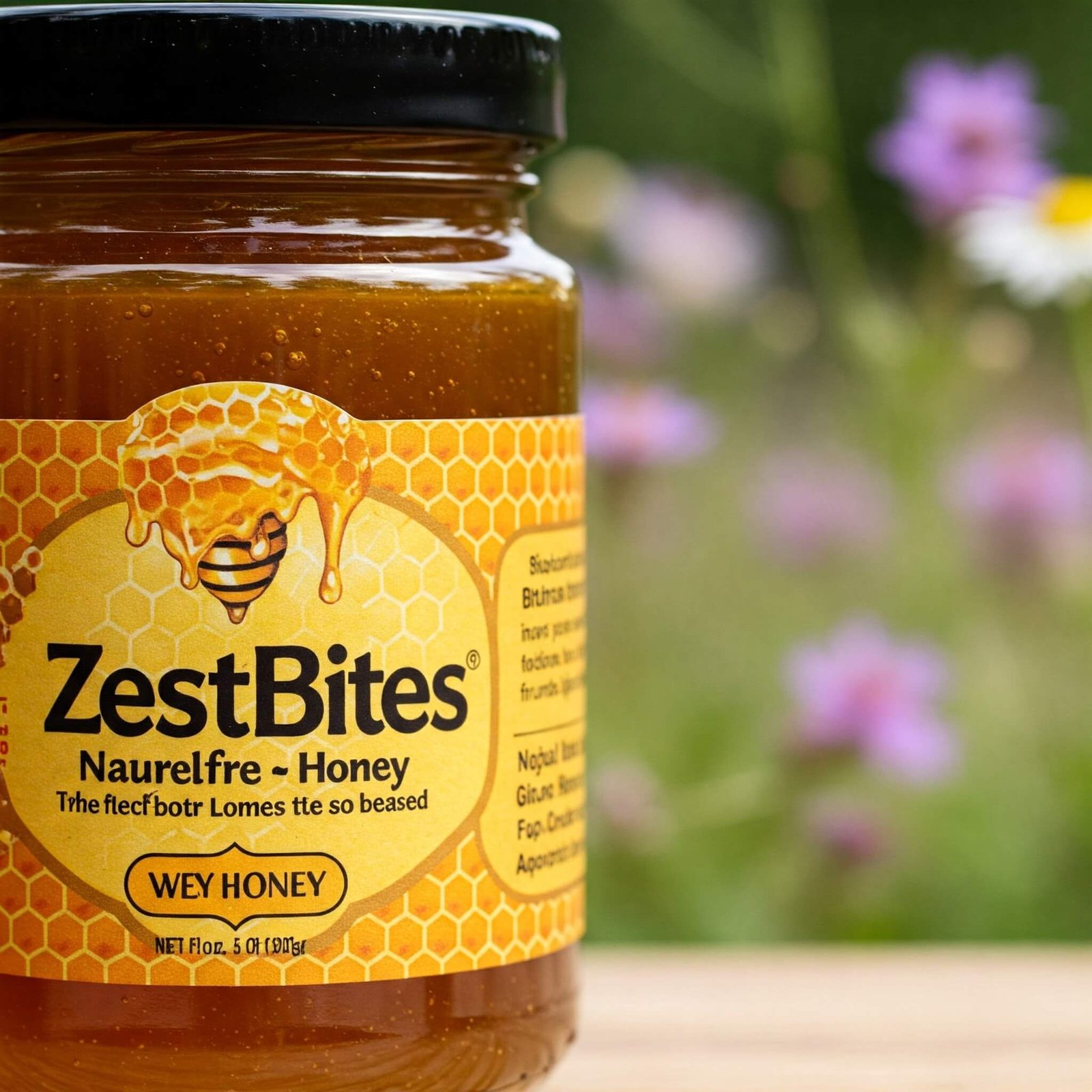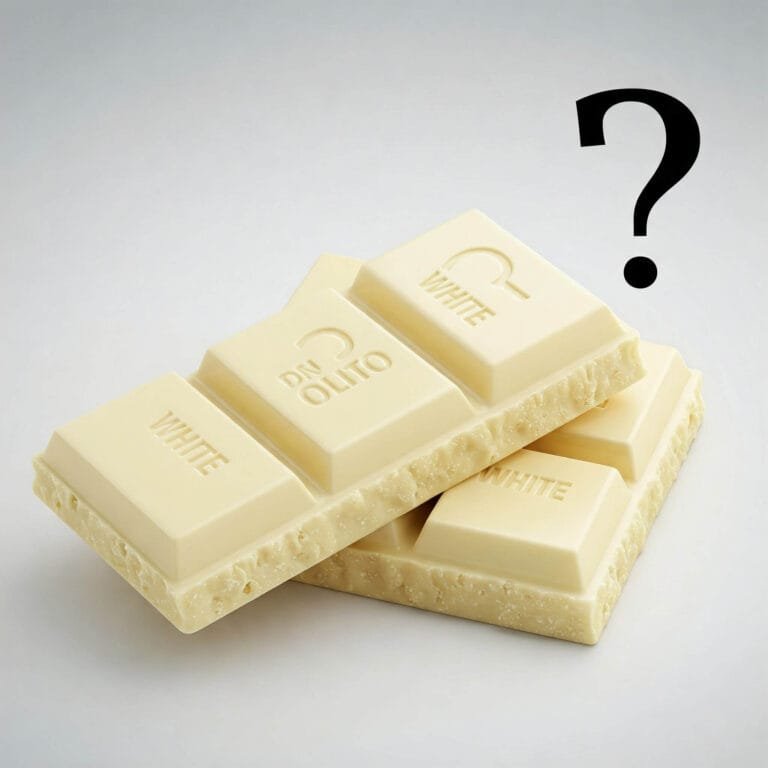Imagine stumbling upon a 3,000-year-old jar of honey in an Egyptian tomb, its golden hue still gleaming, its texture perfectly preserved. Astonishingly, this isn’t a scene from a fantasy novel—it’s real. Archaeologists have discovered pots of honey in ancient Egyptian burial sites, still edible after millennia. This remarkable longevity, as it turns out, is a prime example of how honey never spoils; it’s science, and that’s why honey never spoils. Let’s unravel the secrets behind honey’s eternal shelf life and its journey from pharaonic rituals to modern pantries.
1. Ancient Golden Treasure: Honey in Egyptian Tombs
Many wonder why honey never spoils, and the reason lies in its unique properties.
Honey’s role in ancient Egypt transcended mere sweetness. It was a symbol of wealth, a medicinal remedy, and a sacred offering to the gods. When King Tutankhamun’s tomb was unearthed in 1922, among the treasures were sealed jars of honey, still intact and unspoiled, illustrating how honey never spoils. The Egyptians valued honey so deeply that they used it in embalming rituals, offerings to deities like Ra, and even as a form of currency.
But Egypt isn’t the only civilization to harness honey’s timelessness. In 2003, archaeologists in Georgia uncovered 5,500-year-old honey in a ceramic vessel, the oldest known sample to date. These discoveries aren’t just culinary curiosities—they’re testaments to honey’s unparalleled ability to defy decay.
This is a testament to how honey never spoils, emphasizing the remarkable qualities it possesses.
2. The Science of Immortality: Why Honey Never Spoils
Honey’s eternal shelf life boils down to three key factors:
- Low Moisture Content: Honey is hygroscopic, meaning it draws moisture from its environment. With a water content of around 17%, its arid environment is inhospitable to bacteria and fungi.
- Acidic pH: Honey’s pH ranges between 3 and 4.5, akin to vinegar. This acidity creates a hostile zone for microbes.
- Hydrogen Peroxide: Bees add an enzyme called glucose oxidase to nectar. When diluted (say, by moisture in a wound), this enzyme produces hydrogen peroxide, a natural antiseptic.
Together, these properties create a food that resists spoilage indefinitely—as long as it’s stored properly.
Indeed, the phrase ‘honey never spoils’ is not just a saying; it reflects the truth about this incredible substance.
3. From Pharaohs to Pantries: Storing Honey Through the Ages
The Egyptians stored honey in tightly sealed clay pots, shielding it from humidity and contaminants. Modern storage isn’t much different:
- Keep it sealed: Exposure to air can introduce moisture.
- Avoid refrigeration: Cold temperatures accelerate crystallization (harmless but inconvenient).
- Use clean utensils: Introducing water or crumbs can trigger fermentation.
Fun fact: Crystallized honey isn’t spoiled! Gently warm it in a water bath to restore its liquid glory.
4. Beyond Sweetness: Honey’s Role in Medicine and Preservation
Long before antibiotics, honey was humanity’s go-to healer. The ancient Greeks treated wounds with it, while Ayurvedic texts praised its digestive benefits. Today, science backs these uses:
This highlights once again why honey never spoils even under less-than-ideal conditions.
- Medical-grade honey: Sterilized “Manuka honey” from New Zealand is used in wound dressings for its potent antimicrobial properties.
- Food preservation: Honey’s ability to inhibit microbial growth made it a natural preservative for fruits and meats in pre-refrigeration eras.
Thus, we can confidently say that honey never spoils, making it a timeless kitchen staple.
Even modern chefs are reviving ancient techniques, using honey to ferment mead (honey wine) or glaze slow-roasted meats.
5. Honey in Myth and Culture: A Symbol of Eternity
Honey’s immortality has made it a cultural icon:
- Greek mythology: Ambrosia, the nectar of the gods, was often depicted as honey-based, granting immortality.
- Hindu rituals: Honey is one of the Panchamrita, five sacred foods used in worship.
- Jewish traditions: Honey symbolizes a sweet new year during Rosh Hashanah.
Across cultures, honey embodies themes of purity, eternal love, and rebirth—fitting for a substance that outlives civilizations.
Conclusion: Nature’s Timeless Wonder
Honey’s refusal to spoil is more than a quirk of chemistry; it’s a bridge between past and present. Every jar connects us to ancient beekeepers, pharaohs, and the tireless bees that have perfected this golden elixir over millions of years. So the next time you drizzle honey into your tea or slather it on toast, remember: You’re tasting a piece of eternity.
Pro Tip: Try infusing honey with herbs like lavender or cinnamon for a modern twist on an ancient preservative!
Bon appétit and here’s to the timeless sweetness of history!
As a reminder, honey never spoils, so it’s a fantastic ingredient to have on hand.
Hungry for more? Share your favorite honey hack or tag us in ZestBites Comments section




